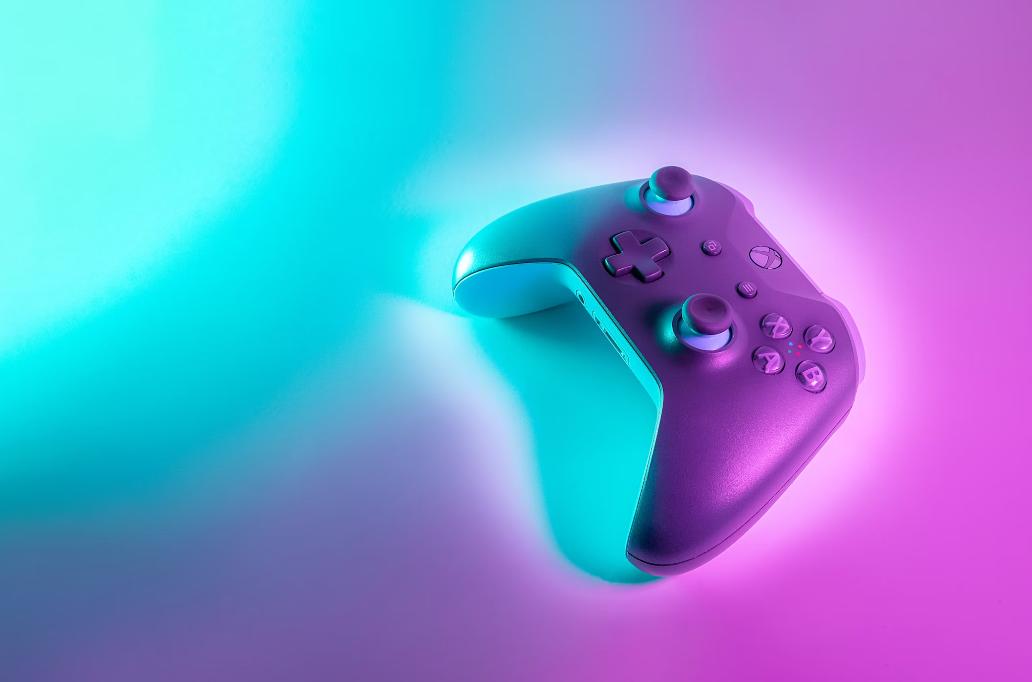Experiencing game lag can be incredibly frustrating, especially during critical moments in your gameplay. Whether you're an avid gamer or a casual player, understanding why your game is constantly lagging is essential to improving your gaming experience. This article explores common causes of game lag and offers solutions to help you achieve smoother, more enjoyable gaming sessions.

Common Causes of Game Lag
Game lag can be caused by a variety of factors, ranging from hardware limitations to software issues. Identifying the root cause is the first step toward resolving the problem.
Insufficient RAM
One of the most common causes of game lag is insufficient RAM. Random Access Memory (RAM) is crucial for running games smoothly, as it temporarily stores game data that your computer or smartphone needs to access quickly. When your device runs out of RAM, it has to use slower storage options, leading to lag.
Outdated Graphics Card
An outdated or underperforming graphics card (GPU) can also cause game lag. Modern games require advanced graphics processing capabilities to render high-quality visuals. If your GPU can't keep up with the demands of the game, you'll experience lag, stuttering, and reduced frame rates.
Poor Internet Connection
For online games, a poor internet connection is a major culprit of lag. High latency, packet loss, and low bandwidth can all contribute to a frustrating gaming experience. Even with the best hardware, a slow or unstable internet connection can cause significant lag.
Background Applications
Running multiple applications in the background can drain system resources and cause your game to lag. Background processes such as antivirus scans, software updates, and unnecessary programs can consume valuable CPU, GPU, and RAM resources.
Overheating
Overheating can severely impact your gaming performance. When your device overheats, it may throttle its performance to prevent damage. This throttling can result in lag and reduced frame rates. Ensuring proper ventilation and cooling can help mitigate this issue.
Game Settings
Sometimes, the game settings themselves can cause lag. Playing a game on settings that are too high for your device to handle can result in poor performance. Lowering the graphics quality, resolution, and other settings can help reduce lag.
Software Updates
Outdated game software or drivers can lead to compatibility issues and lag. Ensuring that your game and all related drivers are up to date can help improve performance and reduce lag.

Solutions to Reduce Game Lag
Now that we've identified some common causes of game lag, let's explore solutions to help you achieve a smoother gaming experience.
Upgrade Your RAM
If you're constantly experiencing lag, consider upgrading your device's RAM. Adding more RAM can provide the necessary resources for your games to run smoothly, reducing lag and improving overall performance.
Upgrade Your Graphics Card
For PC gamers, upgrading your graphics card can make a significant difference. A modern GPU with better processing power and memory can handle the demands of contemporary games, resulting in smoother gameplay and higher frame rates.
Improve Your Internet Connection
Improving your internet connection can greatly enhance your online gaming experience. Consider using a wired connection instead of Wi-Fi, upgrading your internet plan, or using a gaming VPN to reduce latency and packet loss.
Close Background Applications
Before starting a game, close any unnecessary background applications. This will free up system resources and ensure that your device is dedicating as much power as possible to your game.
Manage Overheating
To prevent overheating, make sure your device has proper ventilation. For PC gamers, this might mean cleaning out dust from your computer case and ensuring that your fans are working correctly. For smartphone gamers, avoid playing in direct sunlight or using your device while it's charging.
Adjust Game Settings
Lowering your game settings can help reduce lag. Start by lowering the graphics quality, resolution, and disabling any non-essential features. Gradually increase the settings until you find a balance between performance and visual quality.
Keep Software Updated
Regularly update your game software and drivers. Developers often release patches and updates to optimize performance and fix bugs. Keeping everything up to date can help reduce lag and improve your gaming experience.
Invest in a Gaming Phone
For smartphone gamers, investing in a high-performance gaming phone can make a significant difference. The HONOR 200 Pro, for example, features the GPU Turbo X Gaming Engine, which enhances gaming performance by providing fast response times, higher frame rates, and superior graphics quality. This advanced technology ensures a smooth and immersive gaming experience, reducing lag and enhancing gameplay.

Conclusion
Game lag can be caused by a variety of factors, from insufficient RAM and outdated graphics cards to poor internet connections and overheating. By understanding these common causes and implementing the solutions provided, you can significantly reduce lag and enjoy a smoother gaming experience.
